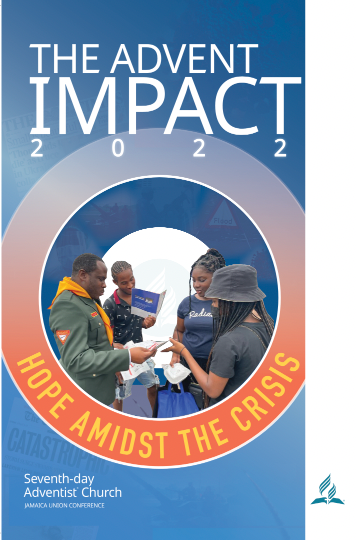In what has been called “a landmark decision,” the Supreme Court of the Philippines ruled in favor of a Seventh-day Adventist student and his constitutional right of freely observing a day of rest according to his conscience. The ruling, which dates back to July 2017 but was recently made public, benefits petitioner Denmark Valmores, who filed a case against Mindanao State University-College of Medicine (MSU-COM) Dean Cristina Achacoso and faculty member Giovannie Cabildo.
Valmores’ filing resulted from the respondents’ incessant denials to the petitioner’s religious rights of exemption from classwork and exams on Saturdays, the biblical day of rest that Seventh-day Adventists observe. It also denounced the respondents’ non-compliance with Section 5 of the Bill of Rights of the 1987 Philippine Constitution. Section 5 states that ‘the free exercise and enjoyment of religious profession and worship, without discrimination or preference, shall forever be allowed.’

“Impact is very big considering one of the most used arguments against the Seventh-day Adventist community when we ask for recognition of our religious freedom rights is bakit si ganyan pumapasok naman ng Sabado (How come one of your Adventist friends goes to school on a Sabbath?),” said Abayon, citing a common rebuttal to those seeking permission to be excused on that day. “In the Valmores case, it was clarified by the Supreme Court that adherence to one’s creed is the general rule and that a person cannot be penalized for the transgressions of another person’s religious beliefs,” he said.


